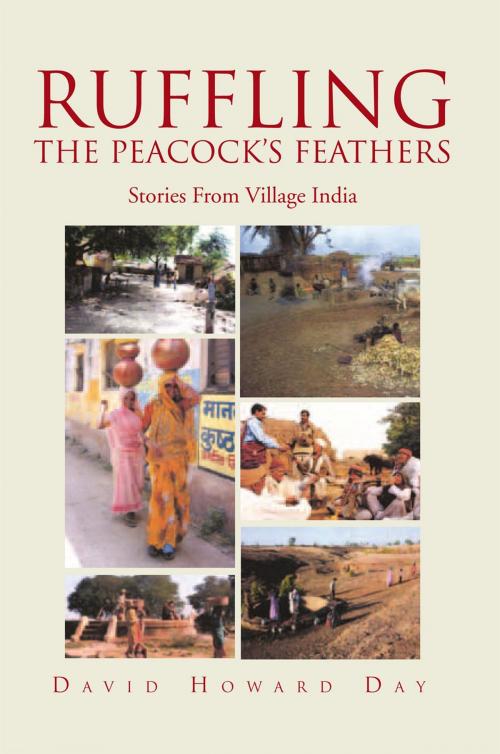| Author: | David Howard Day | ISBN: | 9781453572108 |
| Publisher: | Xlibris US | Publication: | September 15, 2010 |
| Imprint: | Xlibris US | Language: | English |
| Author: | David Howard Day |
| ISBN: | 9781453572108 |
| Publisher: | Xlibris US |
| Publication: | September 15, 2010 |
| Imprint: | Xlibris US |
| Language: | English |
Book description: In fifteen stories unified by a piquant sense of place and vivid dialogue,readers are immediately taken away from Indias teeming cities to a single mud-walled village, "Saratpur", and its rich panoply of memorable characters. The author introduces you to his Hindu and Muslim neighbors,their customs, family life, conflicts and their hopes for the future. These are timeless stories of family feuds, the force of the supernatural,marriage rituals, struggles of life in both drought and monsoon, the role of caste and the perils of revenge. Read along with us as we meet cooks, Indian civil servants, blacksmiths, lawyers, village sweepers, cycle-repairmen, camel drivers, local politicians and others whose lifestyles are seldom highlighted in much current literature about India. The first-person perspective I adopt offers frank intimacy and a freshness that comes from being a young American living for two years in a small village on the cusp of dramatic social and cultural change.
Book description: In fifteen stories unified by a piquant sense of place and vivid dialogue,readers are immediately taken away from Indias teeming cities to a single mud-walled village, "Saratpur", and its rich panoply of memorable characters. The author introduces you to his Hindu and Muslim neighbors,their customs, family life, conflicts and their hopes for the future. These are timeless stories of family feuds, the force of the supernatural,marriage rituals, struggles of life in both drought and monsoon, the role of caste and the perils of revenge. Read along with us as we meet cooks, Indian civil servants, blacksmiths, lawyers, village sweepers, cycle-repairmen, camel drivers, local politicians and others whose lifestyles are seldom highlighted in much current literature about India. The first-person perspective I adopt offers frank intimacy and a freshness that comes from being a young American living for two years in a small village on the cusp of dramatic social and cultural change.















